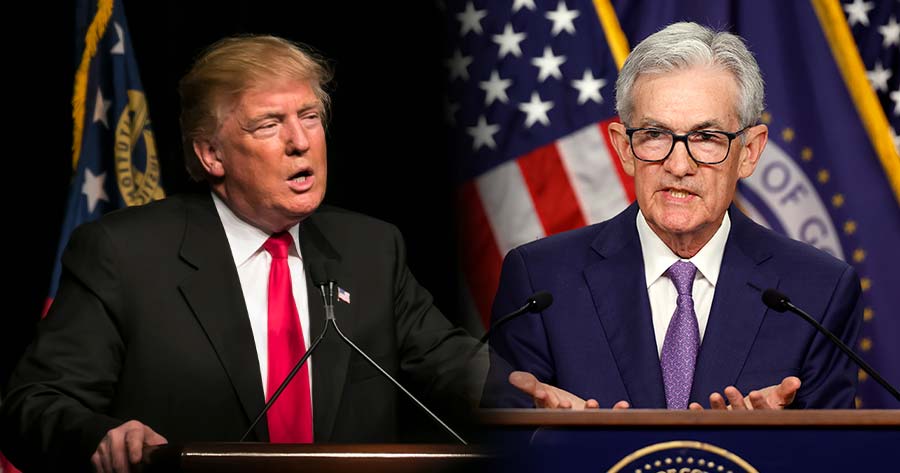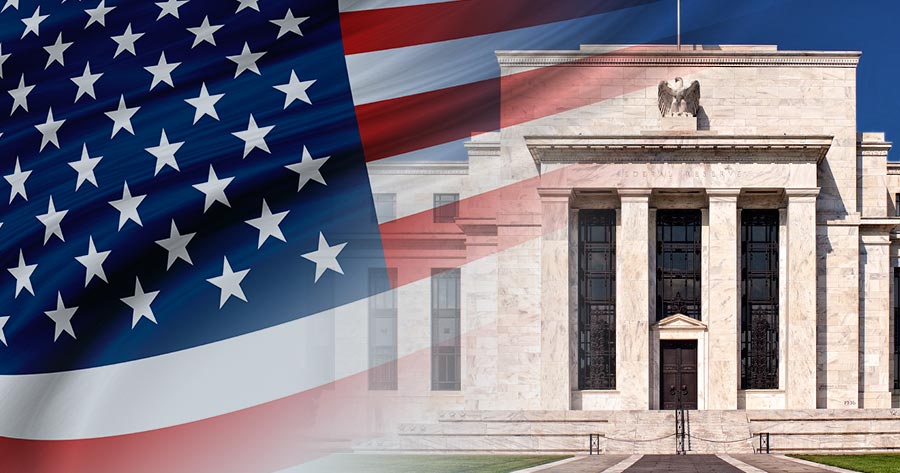Federal Reserve Chairman Jerome Powell on Wednesday expressed worries regarding the central bank’s potential challenge of managing rising inflation while fostering economic growth.
Amid uncertainties over President Donald Trump’s tariff impacts, Powell anticipated both increased inflation and slowed growth, but stated it remains unclear which issue will demand greater attention from the Fed.
“These are very fundamental policy changes,” said the Chairman at an event hosted by the Economic Club of Chicago. “There isn’t a modern experience of how to think about this.”
“The level of the tariff increases announced so far is significantly larger than anticipated,” said Powell. “We may find ourselves in the challenging scenario in which our dual-mandate goals are in tension.”
“If that were to occur, we would consider how far the economy is from each goal, and the potentially different time horizons over which those respective gaps would be anticipated to close.”
As Powell addressed these concerns, U.S. markets reacted negatively. The Dow Jones Industrial Average plunged 700 points, equivalent to a 1.7% decline. Meanwhile, the S&P 500 dropped by 2.5%, and the Nasdaq Composite, dominated by technology stocks, fell by 3.5%.
Powell did not present any clues about future interest rate trajectories. He highlighted the current advantage of the Fed’s position in being able to “wait for greater clarity” prior to making policy adjustments.
According to the CME Group’s FedWatch tool, market expectations are leaning towards the Fed reducing rates starting in June and executing three to four cuts, each by a quarter percentage point, by the close of 2025. Fed authorities typically consider tariffs as a temporary spike in prices, but the widespread scope of Trump’s tariffs could potentially disrupt this view.
Earlier in the day, the Commerce Department announced that retail sales rose by 1.4% in March, surpassing expectations. Many sales resulted from consumers, particularly car buyers, preemptively purchasing before tariffs took effect, although several other sectors also experienced noteworthy gains.
Following the retail report, the Atlanta Federal Reserve projected a GDP growth rate of -0.1% for Q1, after accounting for an unusual boost in gold trade. Despite anticipated growth deceleration, Powell described the U.S. economy as being on “firm footing.”





